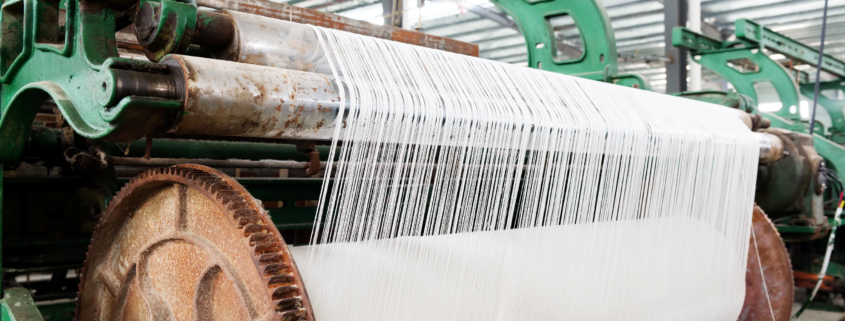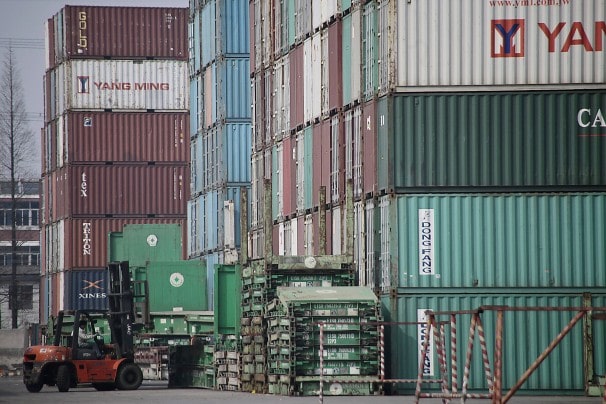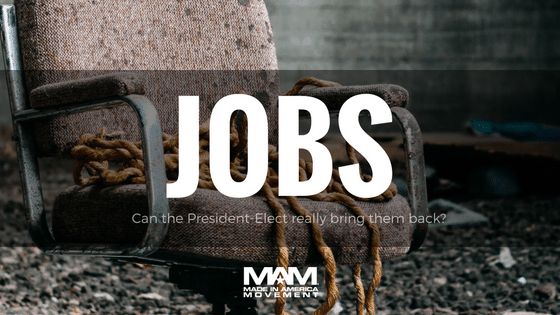Final Blow to US Manufacturing: Last Terry Plant Shuts Down
The closure of the last remaining terry plant in the United States marks a significant milestone in the decline of domestic manufacturing. This development serves as a somber reminder of the uphill battle faced by American producers in the global economy. Rising operational costs and the allure of cheap labor overseas have made it increasingly challenging for domestic manufacturers to compete.
However, the ramifications of this closure extend far beyond the plant itself. The impact on local communities, small businesses, and the overall American economy cannot be understated. As we explore the implications of this closure, it becomes clear that the future of the domestic textile industry is at stake.
In order to revive and sustain American manufacturing, innovative strategies and a reevaluation of trade policies will be crucial. The closure of the last terry plant serves as a wake-up call, highlighting the urgent need for action and the potential consequences if we fail to address this issue.
Key Takeaways
- The closure of the 1888 Mills Griffin facility highlights the challenges faced by domestic producers in the textile industry.
- Rising operational costs and competition from cheap overseas labor make it difficult for domestic producers to compete.
- The closure affects not only the employees of the facility but also the Griffin community and local economies, impacting small businesses and real estate values.
- The closure of the last domestic terry products maker is a blow to U.S. manufacturing, emphasizing the ongoing challenges faced by domestic production in the global economy.
Impact of Closure on Local Communities
The closure of the 1888 Mills Griffin facility has had a significant impact on local communities, amplifying the challenges faced by domestic producers and raising concerns about the future of manufacturing in the United States.
The economic repercussions of this closure have been felt not only by the employees of the facility but also by the Griffin community and local economies. With the loss of a major employer, small businesses in the area have been negatively affected, and real estate values have declined.
Moreover, the closure of the facility has had a ripple effect on the job market, resulting in an increase in unemployment rates. This situation highlights the ongoing challenges faced by domestic producers in the global economy and raises questions about the sustainability of domestic manufacturing in the United States.
Challenges Faced by Domestic Producers
Facing rising operational costs and fierce competition from cheap overseas labor, domestic producers in the United States are grappling with numerous challenges that threaten the viability of their businesses and the future of manufacturing in the country.
The impact of overseas competition has been significant, as companies find it increasingly difficult to compete with the lower labor costs offered by manufacturers abroad. This has led to a decline in domestic production and the closure of many manufacturing plants.
Rising operational costs, including expenses related to labor, raw materials, and regulatory compliance, further exacerbate the challenges faced by domestic producers. These factors not only affect the businesses themselves but also have wider implications for the economy, including job losses, reduced local spending, and decreased economic growth.
It is crucial for policymakers and industry leaders to address these challenges and find innovative solutions to support domestic producers and maintain a strong manufacturing sector in the United States.
Future Prospects for the Domestic Textile Industry
One potential path for the U.S. textile industry lies in embracing innovation and sustainability as a means of overcoming the challenges faced by domestic producers.
Manufacturers are exploring the use of bio-engineered yarns and sustainable materials in their production processes. Additionally, there is a shift towards high-tech textiles, such as smart fabrics and wearable technology, which present growth opportunities for U.S. manufacturers.
The market for these products is growing, and by incorporating innovation and sustainability into their operations, domestic producers can position themselves to capture a share of this market.
Furthermore, trade uncertainty and tariffs could potentially stimulate growth in domestic production as companies seek to avoid the risks and costs associated with overseas manufacturing.
Significance of Closure on U.S. Manufacturing
The closure of the last domestic terry products maker, 1888 Mills, has a significant impact on U.S. manufacturing. With the shutdown of this facility, the job market is directly affected, leaving workers unemployed and adding to the already challenging employment situation.
This closure also has implications for the global economy. As the last remaining domestic producer of terry products shuts down, it further highlights the ongoing challenges facing domestic production in the global economy.
The closure of 1888 Mills not only affects the employees directly impacted but also has ripple effects on the Griffin community and local economies. Additionally, this closure threatens the viability of the Made in the USA model and poses challenges for the American economy.
Conclusion
The closure of the 1888 Mills Griffin facility serves as a somber symbol of the struggles faced by domestic producers in today’s global economy. This final blow to US manufacturing highlights the challenges of competing with cheap labor abroad, not only affecting employees directly involved but also impacting local economies.
To secure a future for the domestic textile industry, innovative approaches like bio-engineered yarns and high-tech textiles must be explored. The current trade uncertainty and tariffs may serve as catalysts for stimulating growth in domestic production.











Terrible news. Prayers all around: for the company, our employees and our precious Country. God bless the United States of America!
MAGA
China is buying up whole cities and land in the USA with the money we spend on their junk they sell us! it’s time to stop that.
sad news